Product teams, including those I work with, struggle to connect the challenges observed in prior research to issues that endure in the field and market space. As a shortcut for efficiency gains, product partners...
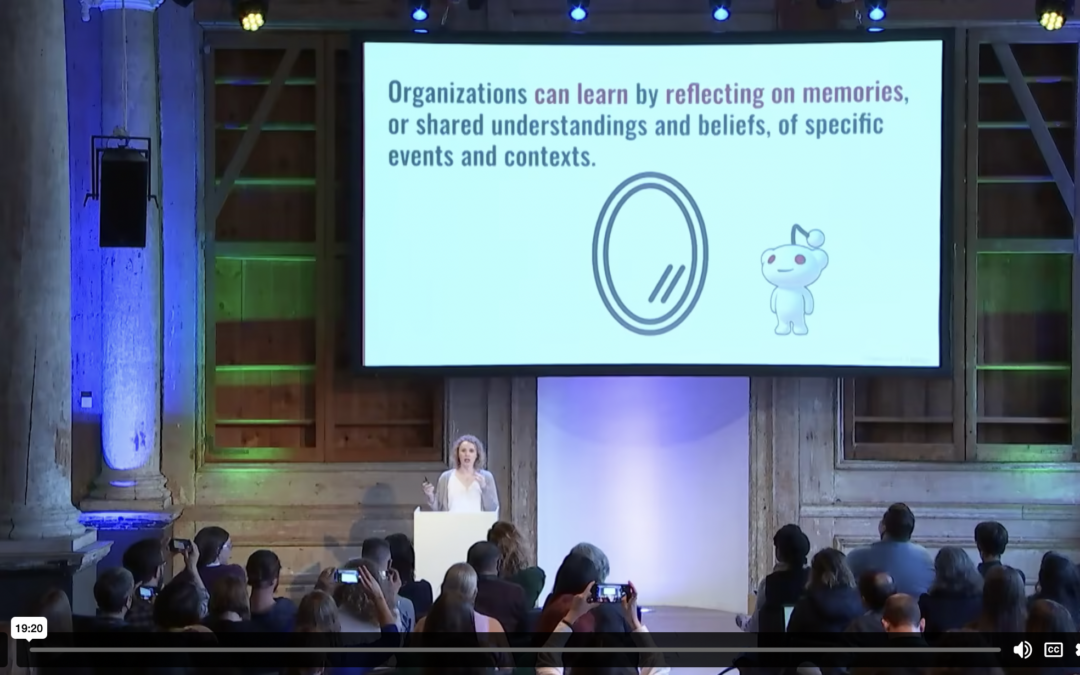

Product teams, including those I work with, struggle to connect the challenges observed in prior research to issues that endure in the field and market space. As a shortcut for efficiency gains, product partners...
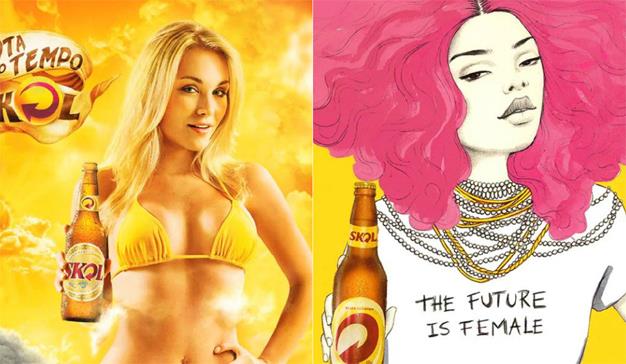
Equality, inclusion, and representation are increasingly acknowledged as core tenets of prosperous countries, cities, and organizations. We know that equality is essential, and we also know equality must be enacted on all fronts. Brands and other social organizations are increasingly recognizing...

This case study offers an in-depth analysis of the foundational role of documentation for software quality,...
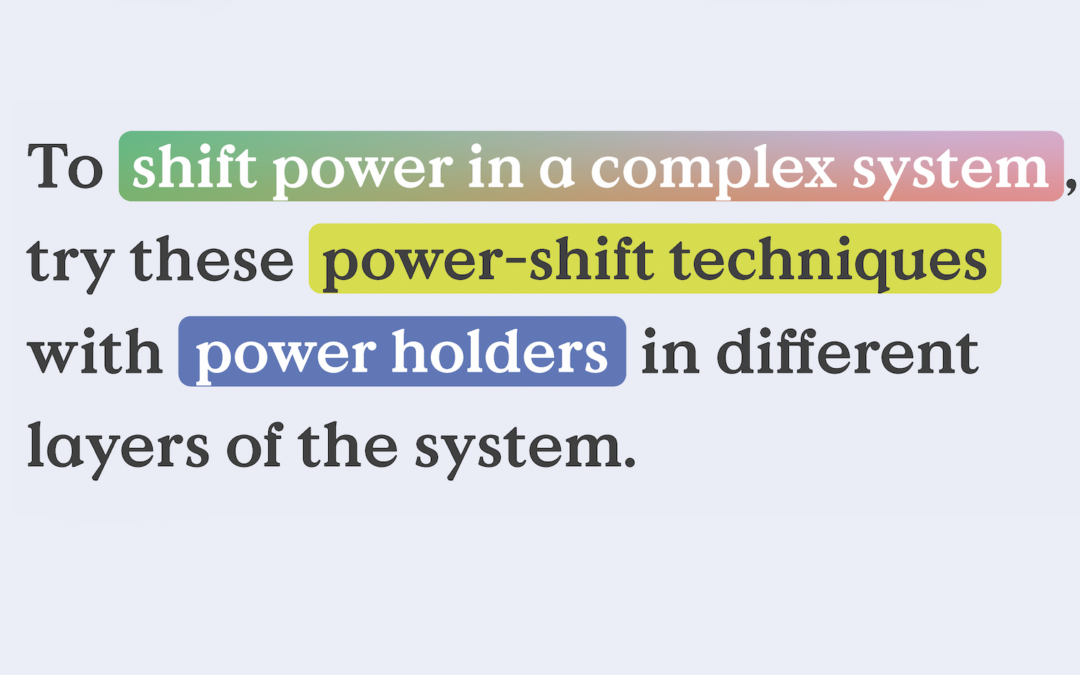
This wildcard session was a conference-wide co-creation activity. Together, EPIC attendees reflected on the dynamic relationship between resilience and power. Then, through a facilitated, real-time activity, we collectively generated an actionable power-redistribution framework—a set of strategies...
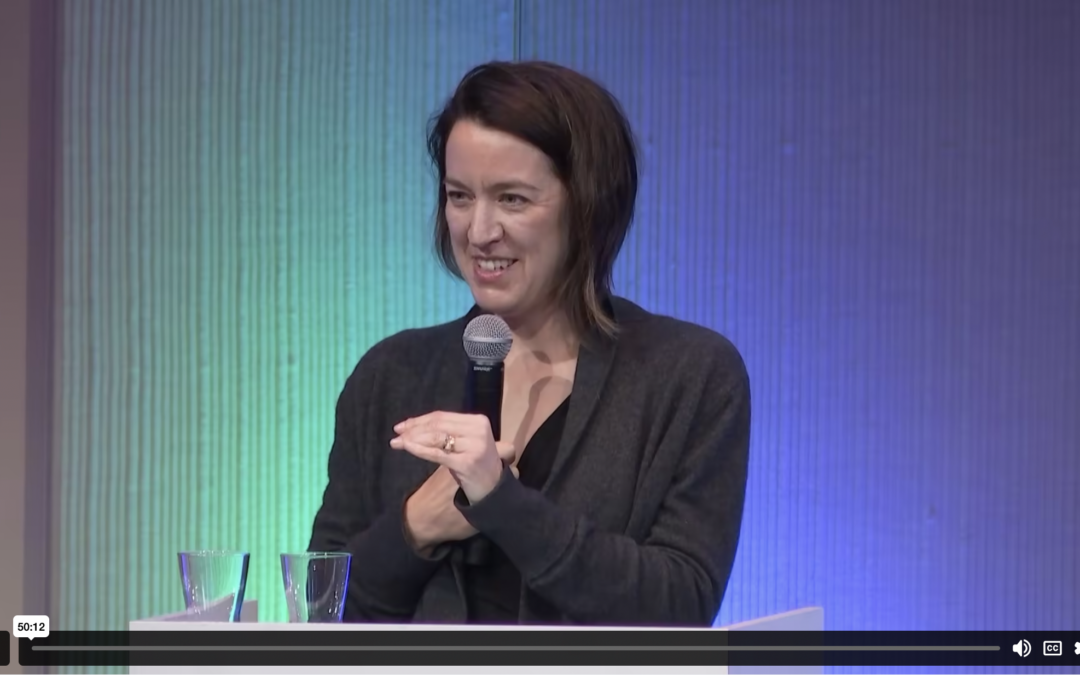
Melissa Gregg is a senior principal engineer in user experience driving carbon reduction and green software strategy at Intel. With a Ph.D. in gender and cultural studies, she is a widely cited author, theorist,...

Klaus Weber currently serves faculty director for Sustainability and Social Impact at Kellogg. He is also...
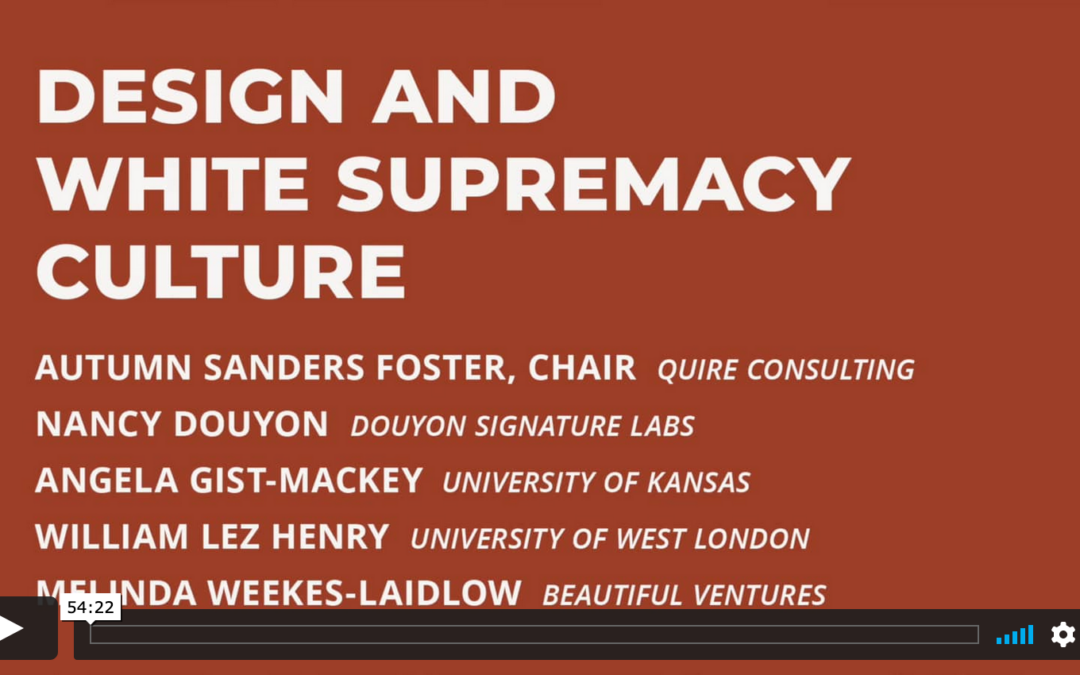
Within the growing global discourse around race, whiteness, and racial injustice lies a call to address the ways systemic racism and normalized whiteness continue to shape our work. Many organizations have issued formal statements but struggle to identify and implement meaningful next steps....
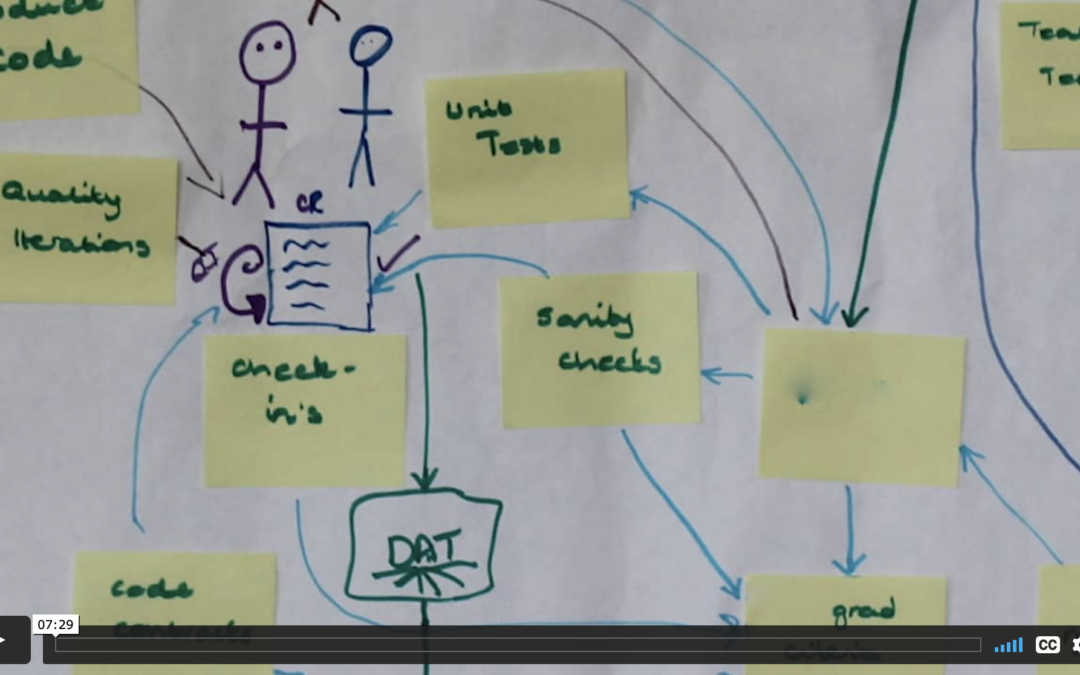
Effective software quality assurance in large-scale, complex software systems is one of the most vexed issues in software engineering, and, it is becoming ever more challenging. Software quality and its assurance is part of software development practice, a messy, complicated and constantly...
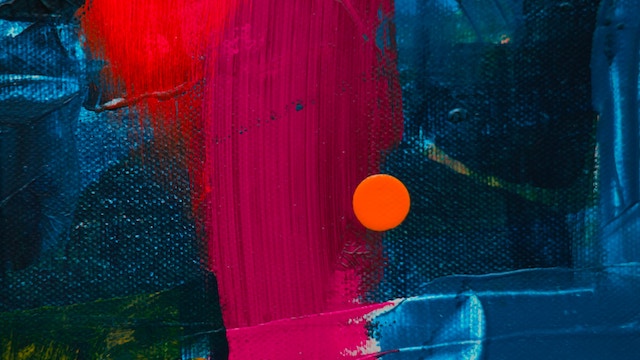
Crisis events can profoundly alter a person's relationship with technology that require product solutions to meet...

A senior leadership team gathers in the executive boardroom. The doors are closed; the glass is opaque. Sparkling water is served. Projected on the conference screen is not a financial statement, or an operating report, but instead, an intricate diagram resembling a map or relational lineage. The...